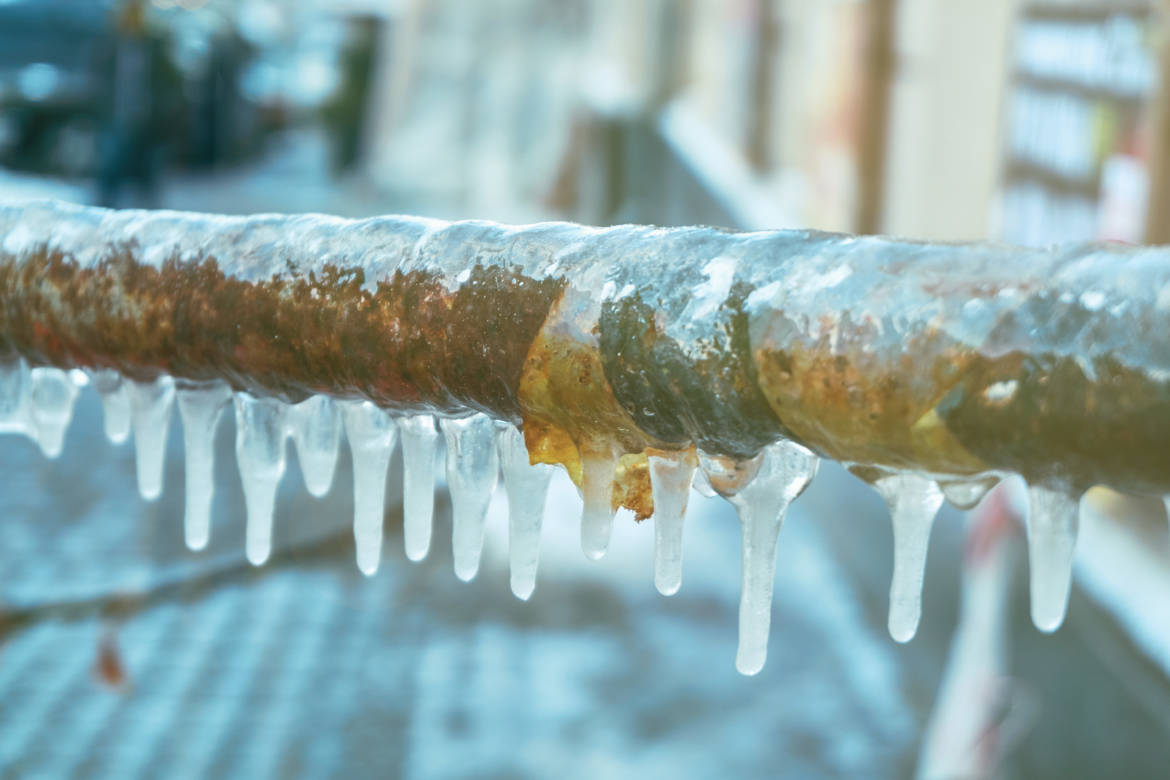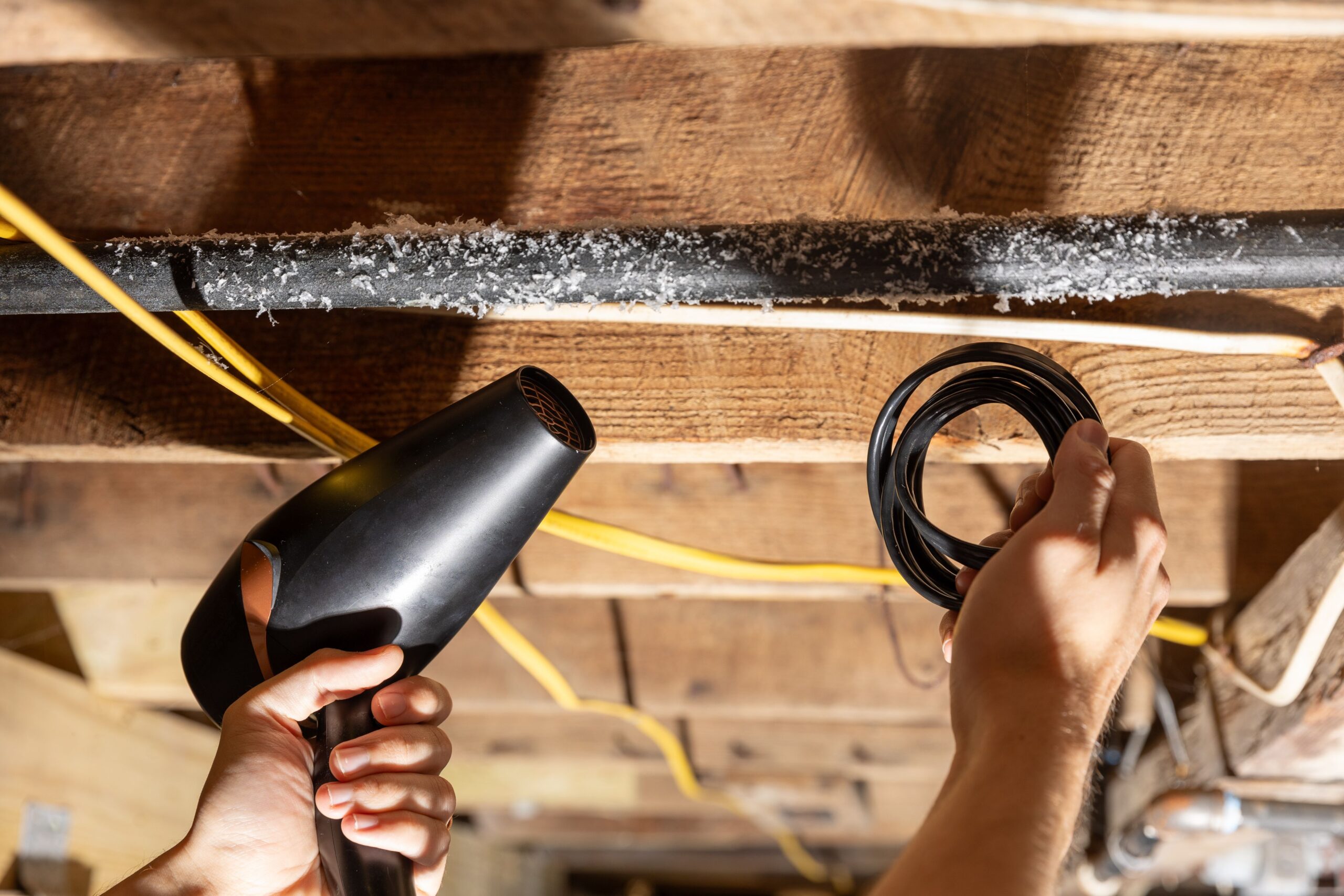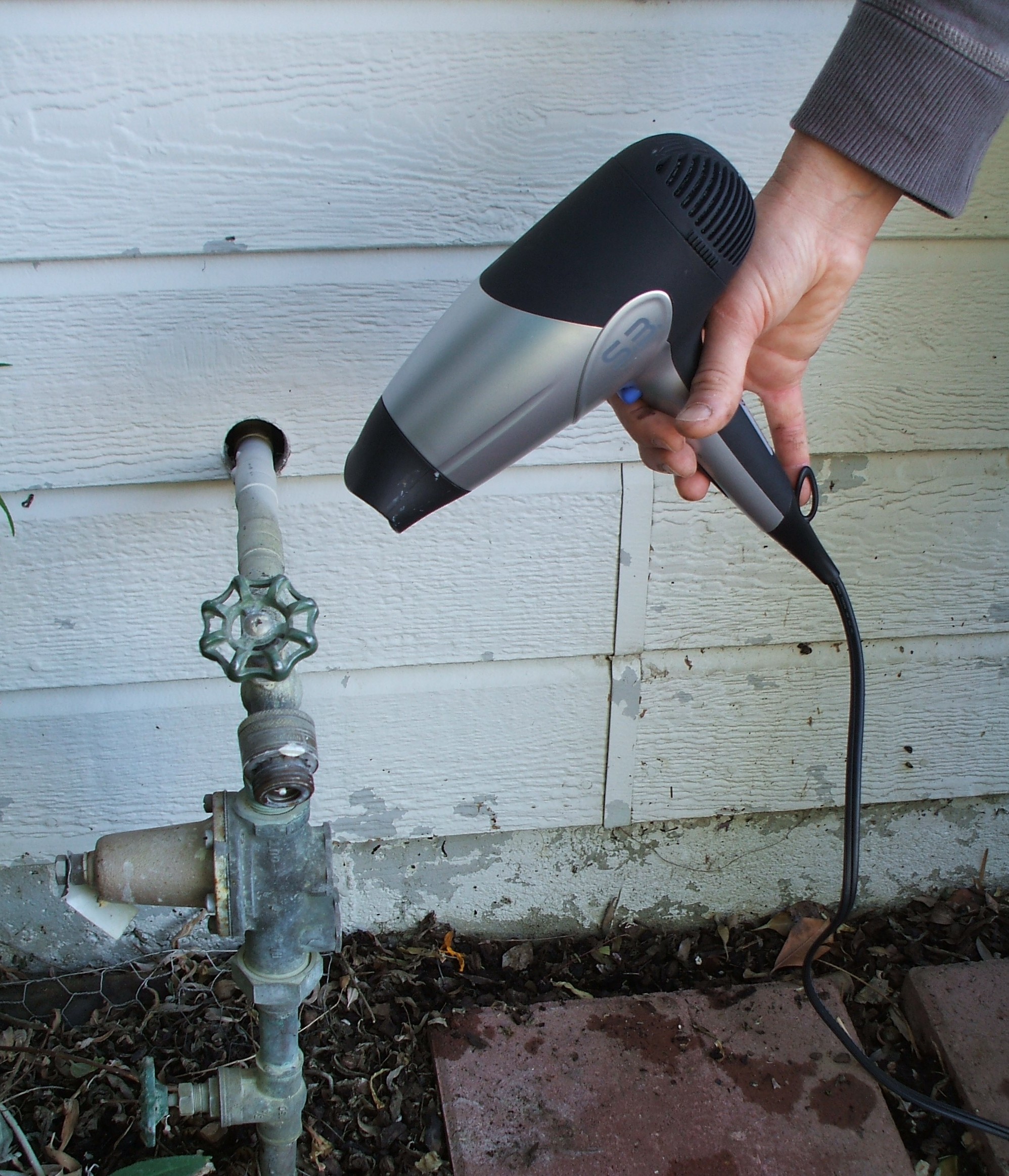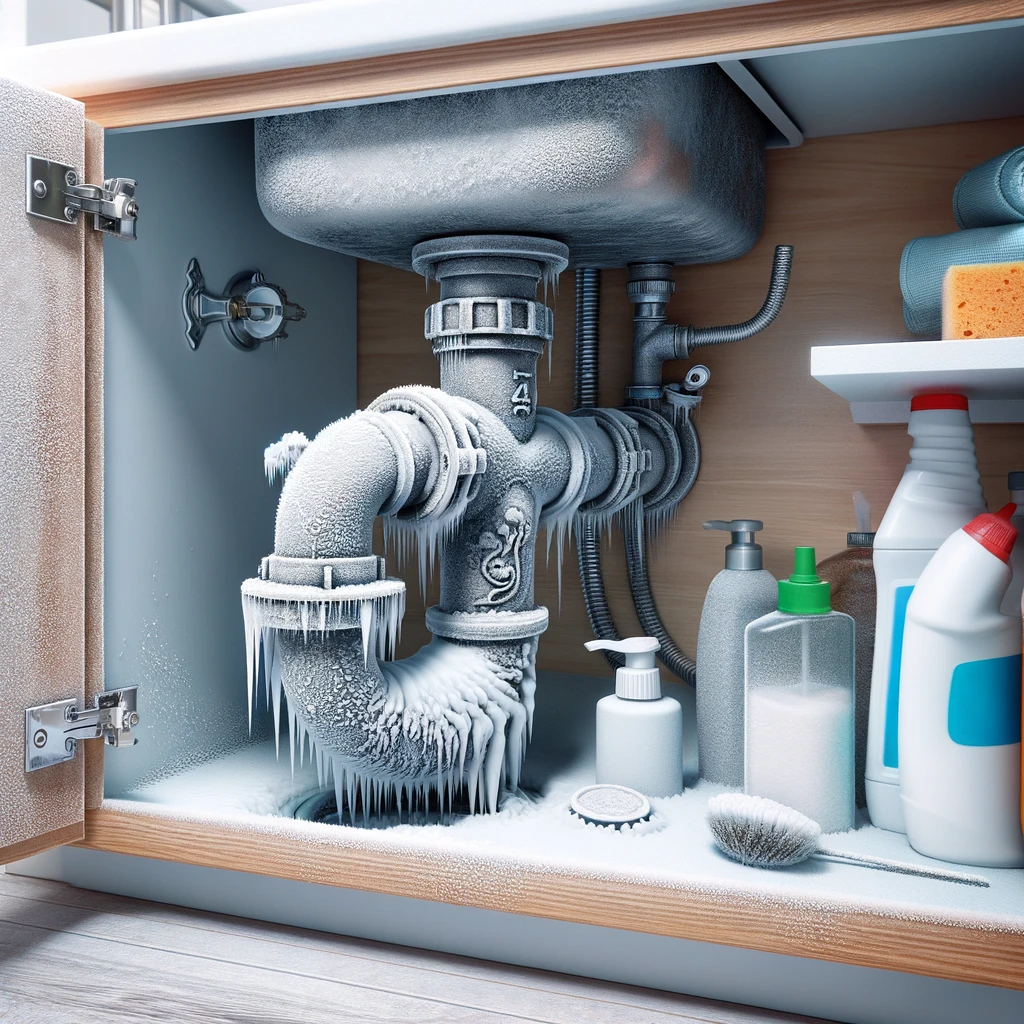Winter brings many challenges for homeowners, and one of the most common and potentially disastrous is dealing with frozen pipes. This extensive guide aims to provide you with all the necessary information, from understanding the risks to implementing preventative measures, and how to handle the situation if your pipes do freeze.

Understanding the Risks of Frozen Pipes
When water inside your pipes freezes, it expands, creating immense pressure. This pressure can lead to cracks or even burst pipes, resulting in water damage, potential flooding, costly repairs, and the inconvenience of having no water supply. It’s crucial to be aware of these risks and take proactive measures to prevent them.
Recognizing Early Signs of Freezing
Detecting a problem early can save you a lot of trouble. Signs that your pipes might be freezing include:
- Reduced water flow: This might be the first sign that water is freezing inside your pipes.
- Frost on pipes: Visible pipes may show frost on their exterior.
- Strange noises: Banging or clanking sounds when you turn on the tap can indicate ice is causing blockages.
Being vigilant about these signs allows you to take action before any serious damage occurs.
Preventive Measures to Avoid Frozen Pipes
Insulation: Your First Line of Defense
Insulating your pipes is one of the most effective ways to prevent them from freezing. Pay special attention to pipes in unheated areas like basements, crawl spaces, attics, and garages. Use quality insulation materials, which are readily available at hardware stores. Proper insulation not only prevents freezing but also helps in conserving energy.
Keeping the Heat Consistent
A consistent warm temperature in your home is essential during the cold months. It’s a common misconception that lowering the thermostat at night or when you’re away saves energy. In reality, it can lead to colder internal temperatures, putting your pipes at risk of freezing. Keep your thermostat set to the same temperature day and night to prevent this issue.
Thawing Frozen Pipes: A Step-by-Step Guide
Discovering a frozen pipe requires immediate action to prevent it from bursting.
Identifying and Locating the Frozen Pipe
First, determine which pipe is frozen. Turn on your faucets; if only a trickle comes out, a pipe leading to that faucet is likely frozen. Look for visible signs of freezing, like frost or a slight bulge in the pipe.
Thawing Process

Once you’ve identified the frozen section, start the thawing process. You can use several methods:
- Hair Dryer: A common and safe way to thaw pipes. Move the hair dryer back and forth along the pipe section.
- Heat Lamps or Portable Heaters: These can be positioned to direct heat onto the frozen area.
- Warm Towels: Soak towels in hot water and wrap them around the pipe.
Caution: Never use open flames, such as a blowtorch, to thaw pipes as this can lead to a fire hazard.

When to Call a Professional
In some cases, it’s best to call in professionals:
- Unable to Locate or Access the Frozen Pipe: If you can’t find the frozen section or it’s not easily accessible.
- Pipe Has Burst: If you discover that a pipe has burst, immediately shut off the main water supply and call a professional.
- Thawing Isn’t Working: If your efforts to thaw the pipe aren’t working, a professional will have the tools and expertise to handle the situation safely.
Paschal Air, Plumbing & Electric is equipped to deal with these emergencies efficiently and effectively.

Long-Term Solutions
Preventing future occurrences is key. Consider these long-term solutions:
- Re-routing Vulnerable Pipes: Pipes in risky areas can be re-routed by a professional to less vulnerable locations.
- Upgrading Insulation: Older homes might need better insulation to keep

